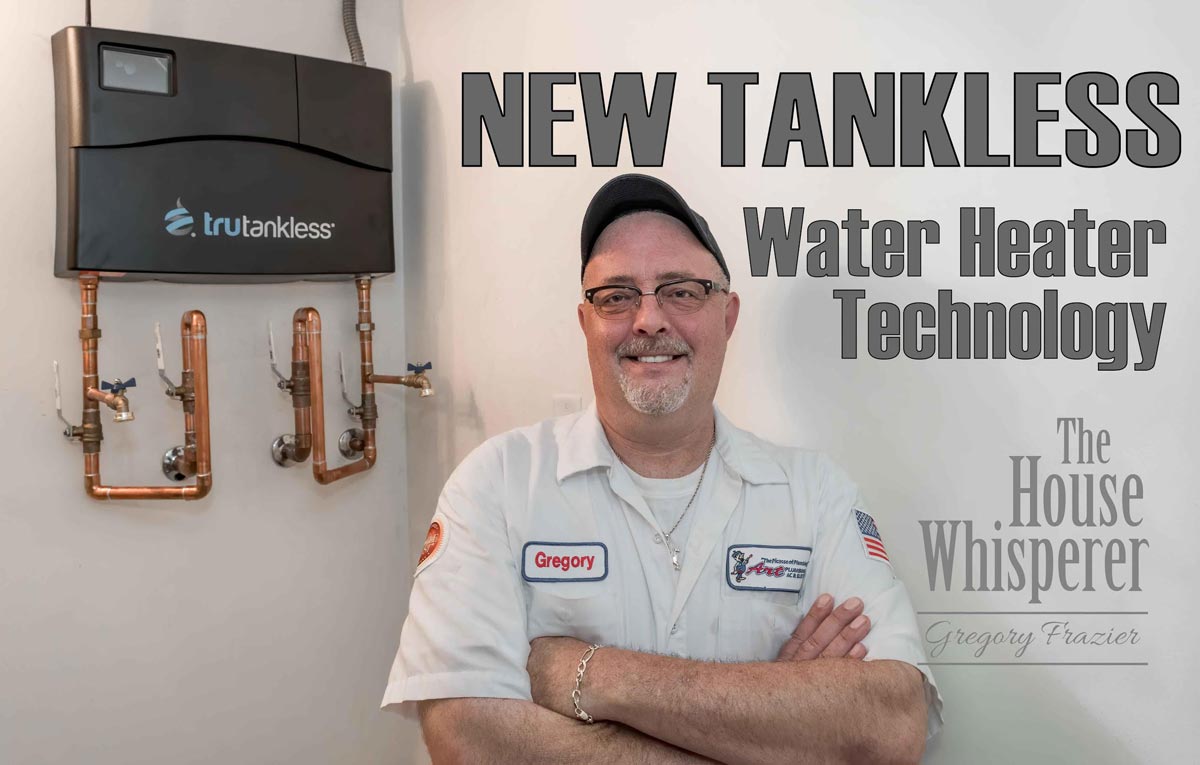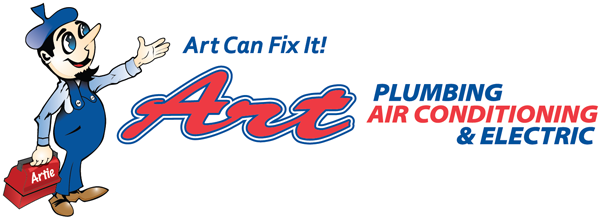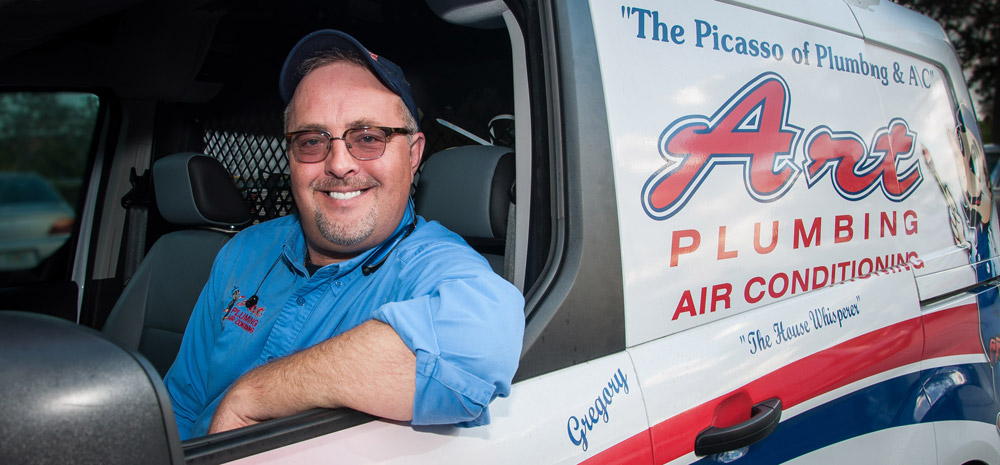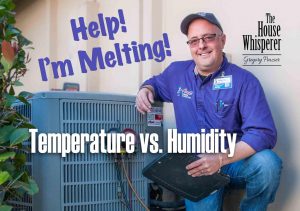New Tankless Water Heater Technology

Let’s get tanked! Wait, considering it’s around 11 am on a weekday it might be a little early for that, better yet let’s get Tankless!!
As my loyal readers will know, I have never been a huge fan of trying to retrofit an older home with an electric tankless water heater. The reason being is that in most homes the existing electrical system will not support a tankless water heater that is the right size for the home. In a 2.5 bathroom home with a family of four, you are typically going to need at least a 24 KW heater. We have to size the heater to the home to be able to supply all the fixtures if needed at the same time. That type of heater up until now would require the addition of 3 circuit breakers to the interior panel and pulling three new circuits. Most homes do not have three open slots in the circuit breaker panel to make installing a tankless heater possible. When homeowners go down the road of wanting to make the switch to endless hot water and saving money by not storing a tank full of water the required electrical upgrades expense usually crushes that dream. That is up until now.
I have finally found a tankless water heater that I am absolutely in love with and it’s called Trutankless. This system is by far the most innovative tankless water heater available on the market today. For many years, the folks at Trutankless worked with industry professionals to make a tankless heater that actually works well, has a long life and the best part is, with the exception of the 36 KW model the unit only requires one circuit breaker. So you know the only time a 36 KW unit is going to come into play is in homes that are 5 or 6 plus bathrooms. This unit is absolutely perfect for the very typical 2,500 sq. ft. 4/3 home. What else makes this heater different than those offered up until now you ask?
The single circuit breaker thing is of course huge, the next innovative feature with this heater is the fact that it does not build up calcium and magnesium residue on the elements as other tankless models do. When you super heat water you are also super heating the minerals in the water making them stick to the heating elements. Heating elements in other heaters are vertical in the unit and water would be left standing inside the tubes that house the elements thus allowing a build up of minerals that would need to be cleaned off annually. As minerals build up on the elements the efficiency of the unit would decline as would its production of hot water. The elements in the Trutankless system are horizontal and the best part is while the unit is running those elements are vibrating ever so slightly hundreds of times a second. This vibration and the fact that there is no standing water in the tubes means the elements do not build up scale.
This unit also has a built-in leak detection system, and the manufacturer is estimating the unit will have a 20-year life span. The warranty out of the box is 5 years all parts and limited lifetime warranty on the elements. They also don’t want us to work on them if something goes wrong, they will just replace the unit if any major part fails. The unit is smart home compatible with devices such as Alexa and Google home. You also get an app for your smart device that monitors the usage, allows for changing temperatures with the push of an icon and can send and receive error notifications if by chance something goes wrong. The practical joker in me sees me making the water very cold while my spouse is in the shower.
Trutankless gets a .99 Energy Factor rating which is the highest rating on the market. As for performance, this unit will produce 1.7 gallons per minute at a 75 degree rise. Considering our ground water temperatures hover around 70 degrees most of the time in South Florida that means it can potentially heat the water to 145 degrees which would basically burn your face off. At a 55 degree rise it will produce 2.2 gallons per minute. Considering that a shower is a mix of hot and cold depending on the person this unit will easily power two showers at the same time and won’t even blink if someone else turns on the hot water in the kitchen, again providing it is sized correctly. If you have wanted a tankless heater in the past and didn’t do it because of electrical upgrades needed or if you are just now thinking about adding tankless to your home take a long look a Trutankless — you won’t be disappointed.
Alright my friends the time has come for me to take my leave, until next time I hope I don’t get into hot water with my wife for the cold shower.








